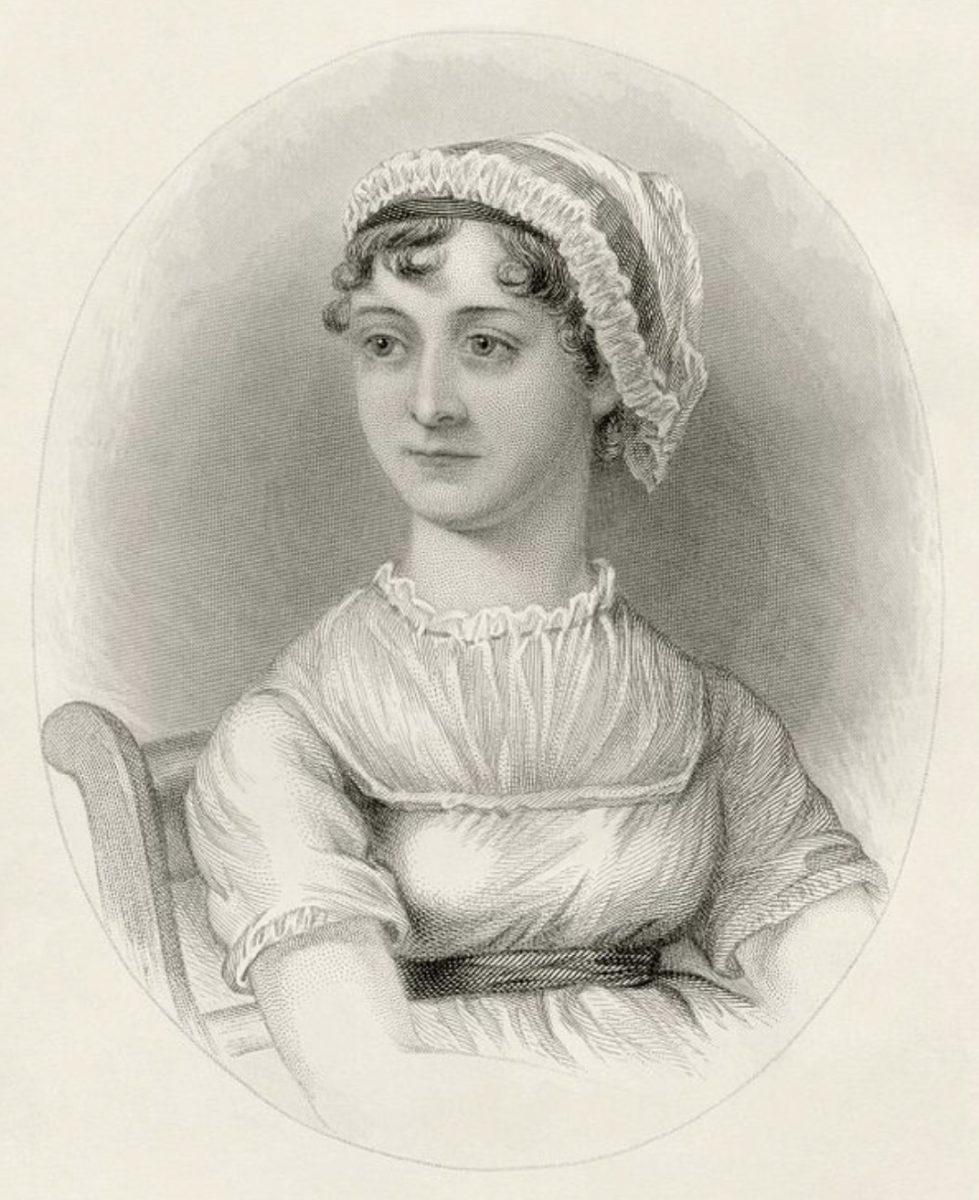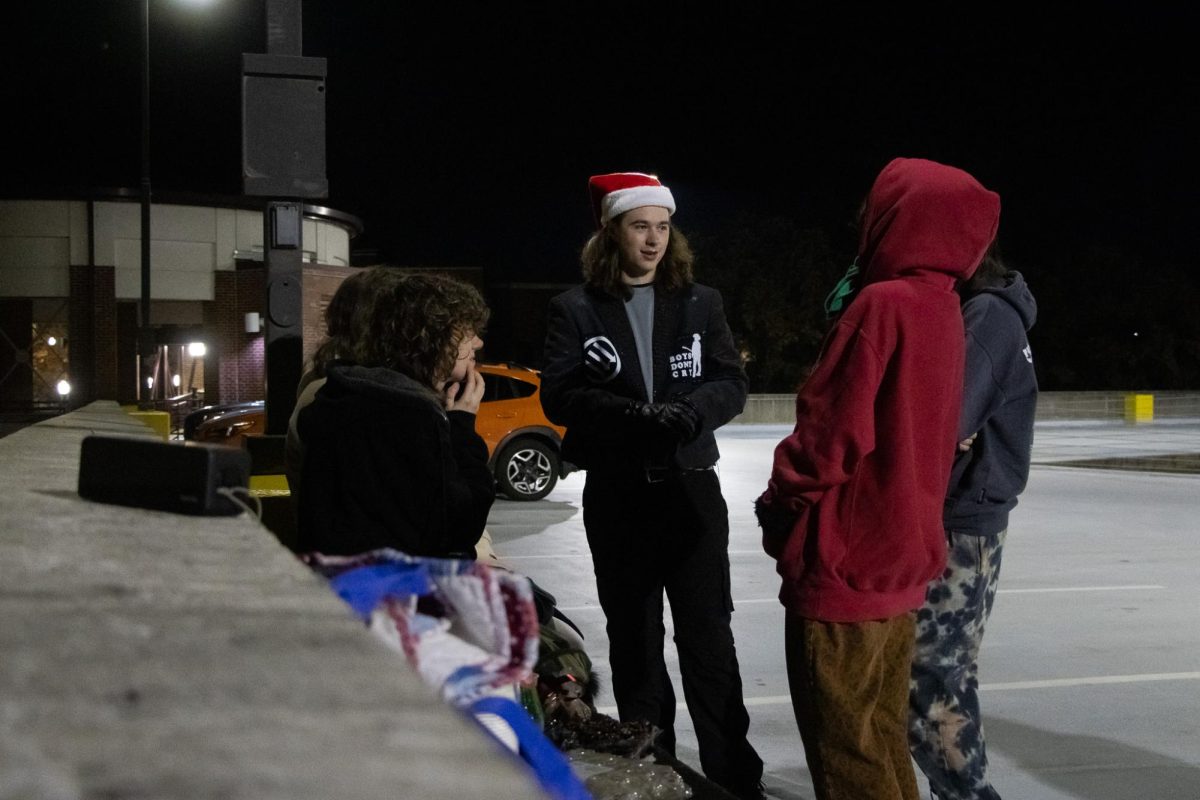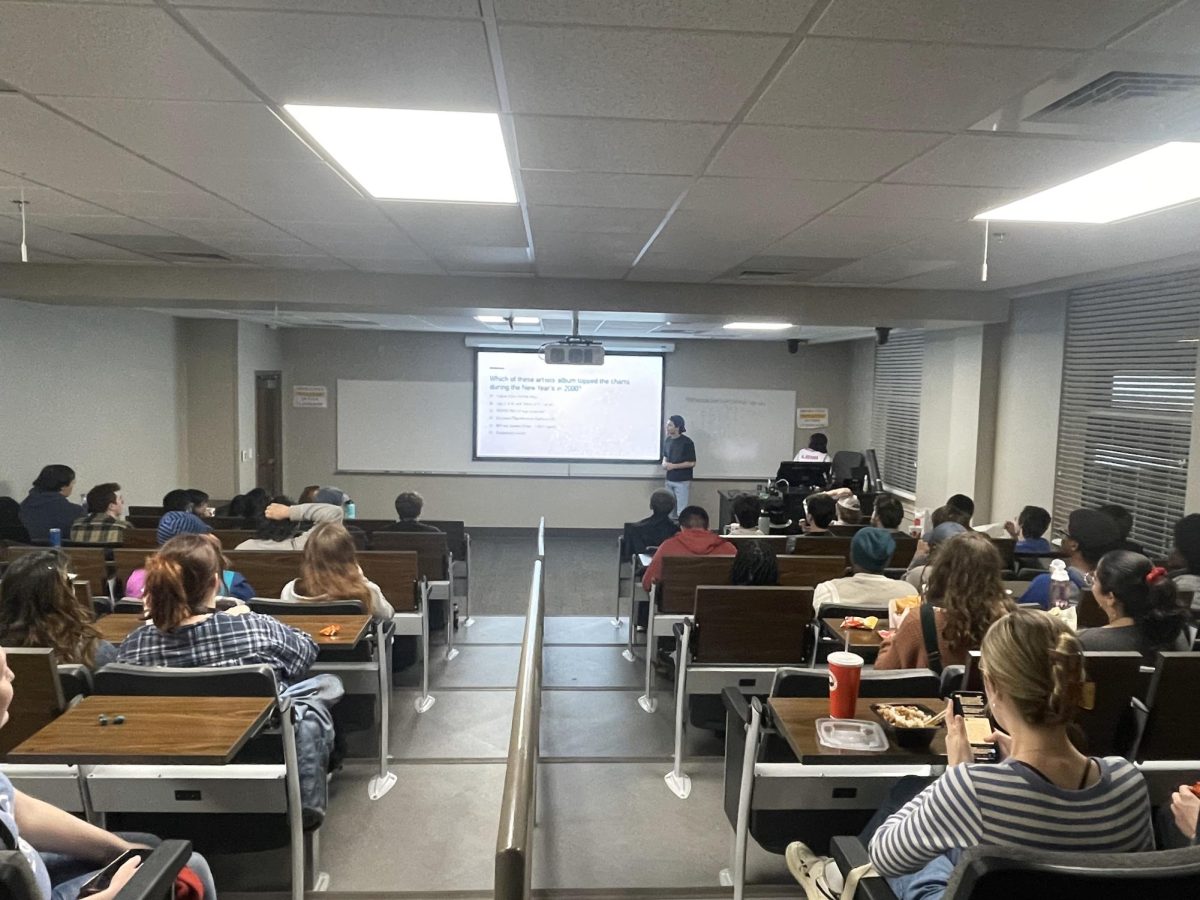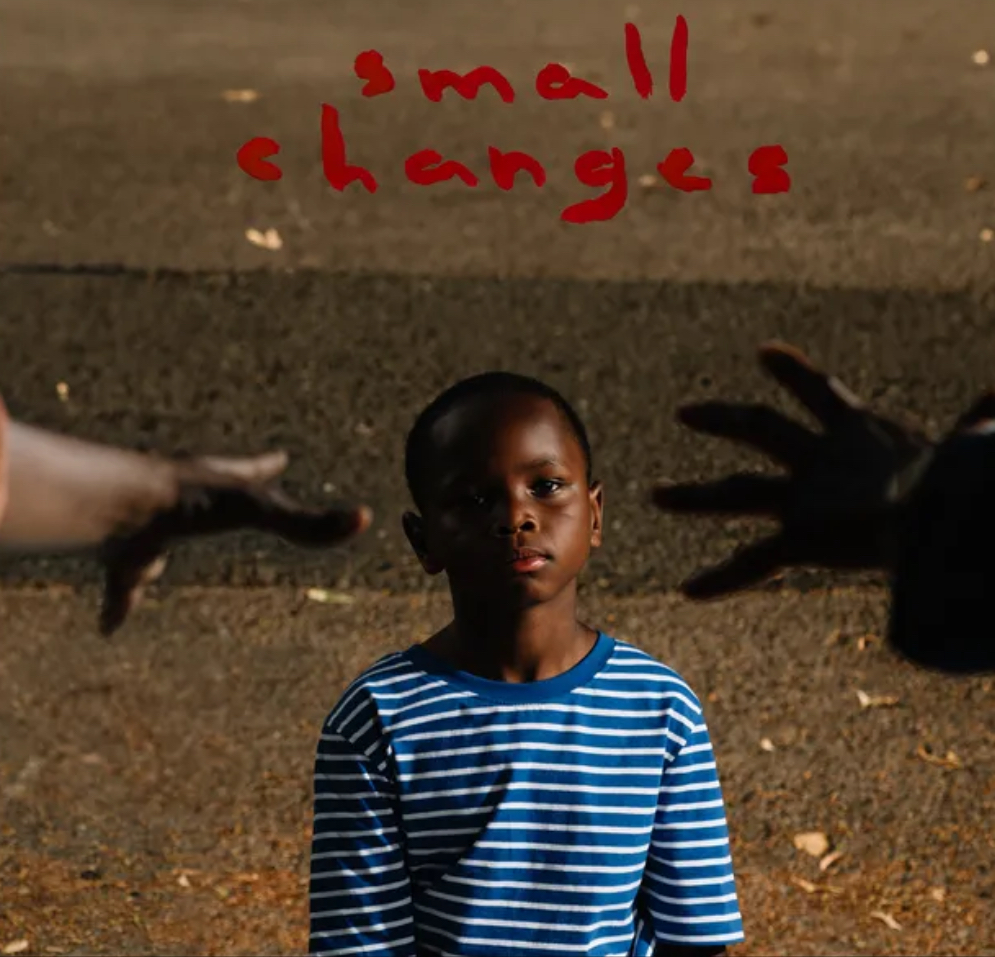An independent study New College summer course examines the local food movement in a political and social context with a specific application to the local food movement.
Margret Purcell, a New College professor, has taught the class since the summer of 2012.
“I first taught it last year because I had noticed a growing interest of community members buying locally grown food,” Purcell said.
Students are assigned projects such as tending to a garden and keeping track of their progress in an assigned journal, as well as noting the source of their meals in food logs.
“[Students] learn how to create a square-foot garden, and they get a container and a plant that they can take home to nurture,” Purcell said. “They also get a lecture on collective behavior, and they are provided information about agriculture in Alabama.”
The students took a trip to a local farm to explore the benefits of the supporting growers of one’s community.
“On June 8, they had class from 9 to 1 at Katie Farms where they learned about a local farm business and heard from a restaurant that uses local food products when they can,” Purcell said.
The course also examines several books that analyze the outcomes of eating local and the economic benefits of supporting community-grown products.
“We start with a very complex book that looks at defining what determines an action as an collective behavior; it is very advanced and detailed,” Purcell said. “Then we look at a book about a family that tries to eat local food for a year and a book about a town that experiences economic renewal as a result of the establishment of businesses that sell locally produced products.”
Many students find the course enlightening and now choose carefully when buying groceries and choosing food supplies.
Karen Bownes took the course last summer online through Distance Learning.
“I think that the importance of the class is awareness – the awareness of community and the importance of buying local,” Bownes said. “Not just for the support of the community but for the support of our health for our own person and nation.”
Purcell, too, believes students change after taking the course.
“They are charged when they leave with exploring their communities and determining if they have a local food movement there,” Purcell said.








